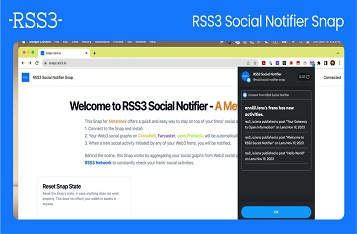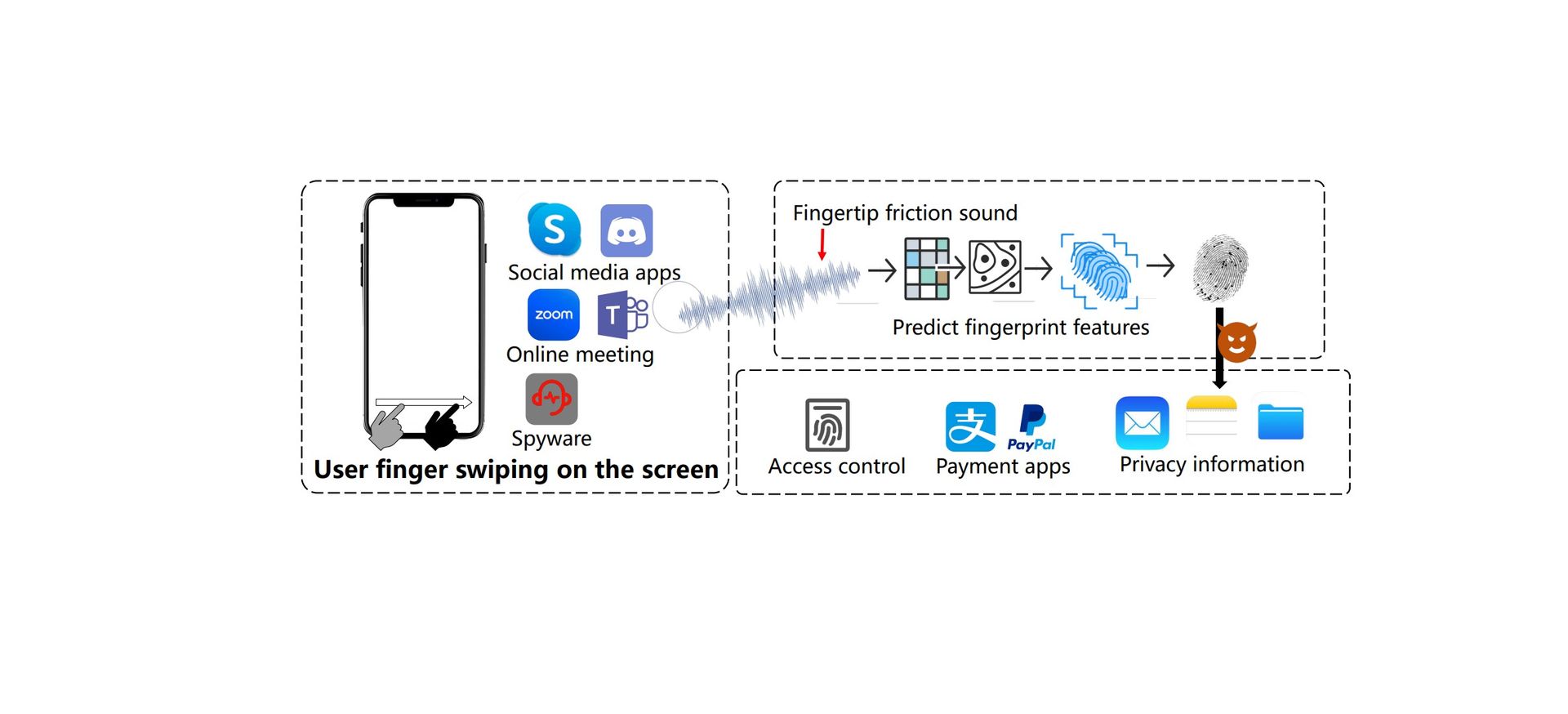My wife and I enjoy a humorous banter that we find funny. At the end of the day, as we go through our nightly routine of closing up the house, brushing our teeth, and getting a glass of water, I jokingly demand a bedtime story from her. When she refuses, I offer to tell her a bedtime story instead, which she also declines. This leads to a playful negotiation where I suggest singing a song, reciting a poem, or even reading a legal contract as an alternative. Despite my offers, she always refuses, and we eventually agree that we have both engaged in a story and go to sleep. This little ritual has kept our marriage fresh for 30 years.
Recently, I was inspired to write about a change I see in marketing and brand storytelling that I believe is one of the most important shifts in the last decade. With the rapid growth of Generative AI, access to derivative content has become more commoditized, leading to a decrease in buyer trust in digital experiences. Audiences now value more personal content sources that resonate with them and provide value. To create relationships of trust, marketers must focus on telling great stories that capture and hold attention, regardless of where the audience is in their brand journey.
Many marketers have learned that the brand or product should not be the hero of the story. Instead, the focus should be on creating meaningful brand stories that resonate with audiences. It’s important to shift the language used in content and marketing to reflect a more authentic and relatable tone, emphasizing the co-creation of valuable stories with both the brand and the customer. This shift towards co-created storytelling requires fundamental changes in how brands approach their messaging and content creation to build deeper and more meaningful relationships with their audiences.
Source link























